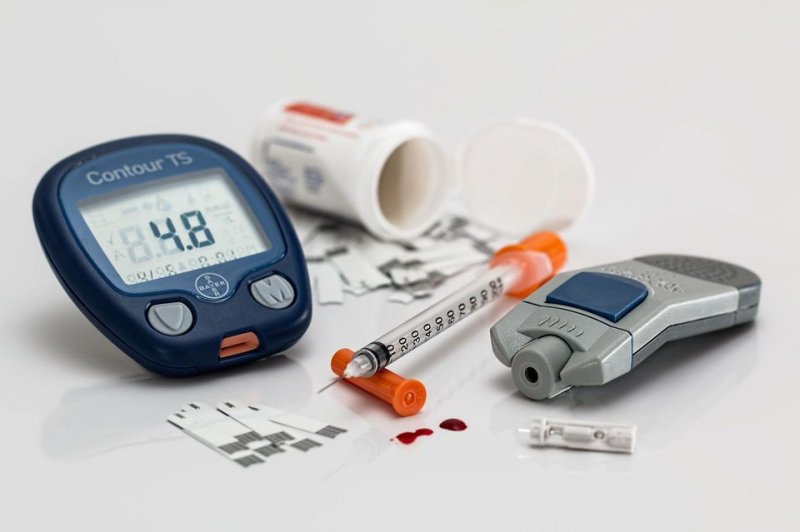New research, published in JAMA Network Open, suggests people infected with COVID-19 during the Omicron wave face an elevated risk of diabetes. File Photo by
Steve Buissinne/
Pixabay
Feb. 14 (UPI) -- People infected during the Omicron wave face an elevated risk of diabetes, according to a new study published Tuesday.
The study from researchers at Cedars-Sinai Medical Center Los Angeles, published in the JAMA Network Open, indicates that that patients face a higher risk of diabetes in the 90 days after infection.
The data was based on examination of medical records from more over 23,000 people who contracted COVID-19.
The correlation between the virus and diabetes has been noticed previously by physicians, but a number of factors needed to be considered to establish stronger evidence of a direct link, the researchers said.
The study establishes that unvaccinated people who became infected were diagnosed with diabetes at approximately three times the rate of unvaccinated people who hadn't become infected.
The data also showed that vaccinated individuals didn't show statistically significant increases in diabetes diagnoses after a COVID-19 infection.
Researchers said they were aware that the disruption of medical services during the height of COVID-19 could have lead to a surge of diagnoses when patients were able to return to doctors and hospitals more easily.
They compared diagnoses of other conditions that were likely to be affected by the bottleneck to adjust their figures related to COVID-19 and diabetes.
The adjusted data indicates that the risks of high blood pressure and high cholesterol did not deviate significantly, but that the cases of diabetes increased 58% when hospitals returned to normal functions.
The researchers emphasized that despite the significance of the new data, more research is needed to establish a definitive link between COVID-19 infections and diabetes.















